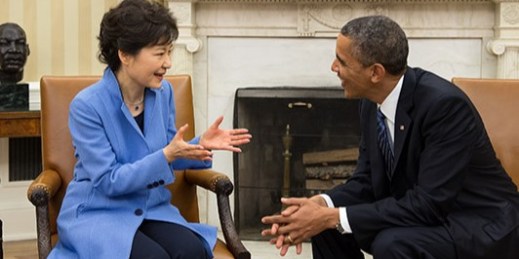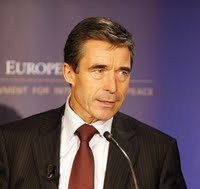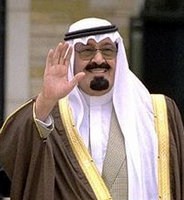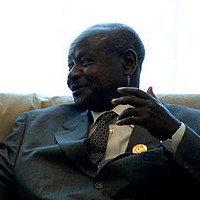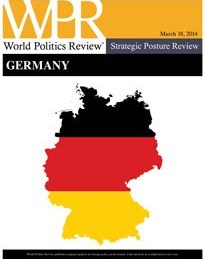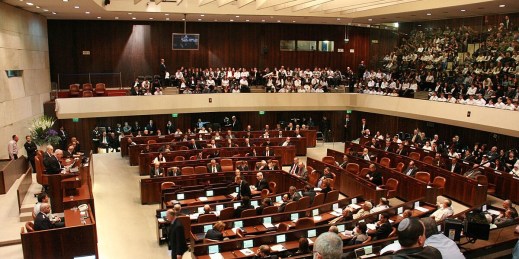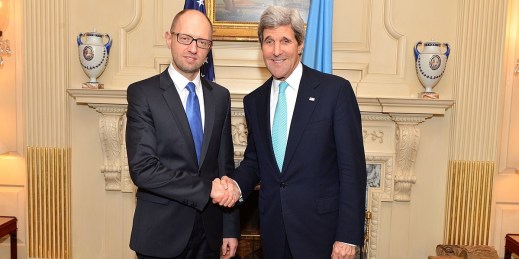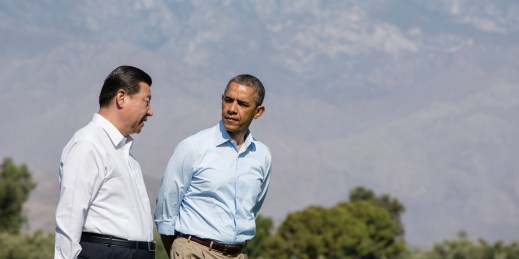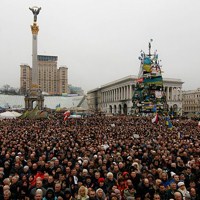
The Crimea crisis has given realists a field day for attacking the belief structures of rules-based internationalists. Ukraine just paid the price of giving up its nuclear weapons 20 years ago, we hear, and the Budapest Memorandum guarantees of Ukraine’s borders did nothing to change Moscow’s behavior. Integrating Russia into international economic institutions proved equally meaningless. As for human rights and the rule of law, everyone knows they don’t matter when the vital national interests of great powers are at stake. The reality, however, is more complicated. The fabric of international norms actually functioned as intended on the nuclear issue. […]

